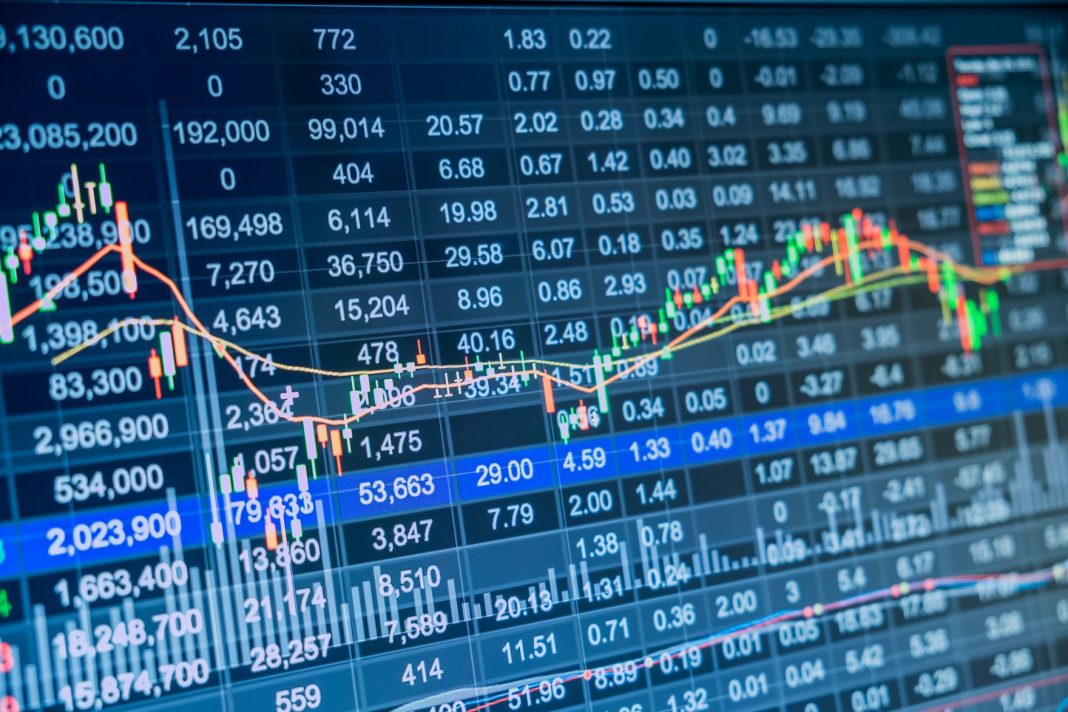In an unprecedented cyber onslaught, global financial markets have been thrown into chaos, affecting countless investors and shaking the very foundations of international economic stability. This detailed article explores the multifaceted dimensions of the attack, its immediate impact, the response from global entities, and the long-term implications for cybersecurity in the financial sector.
The Unfolding of the Cyberattack
Early reports emerged when several major stock exchanges experienced unexplained outages, followed by breaches in the security systems of leading banks. The cyberattack, characterized by sophisticated ransomware, targeted critical infrastructure within the financial sector, leading to widespread disruption of trading activities and financial services.
The perpetrators, identified as a highly organized cybercriminal group, exploited vulnerabilities in the financial institutions’ legacy systems. They demanded an unprecedented ransom in cryptocurrency, threatening to release sensitive data stolen during the attack if their demands were not met.
Immediate Impact on the Financial Markets
The cyberattack led to a temporary halt in trading activities across several major stock exchanges, resulting in billions of dollars in lost trade volumes. The uncertainty and panic also triggered a sharp decline in market confidence, leading to a significant drop in stock prices and an increase in market volatility.
Financial institutions faced immediate operational challenges, including disrupted payment processing and compromised data integrity. This not only affected institutional operations but also had a direct impact on consumers, with millions experiencing delays in transactions and access to online banking services.
Global Response and Recovery Efforts
In response to the crisis, international cybersecurity agencies, along with private sector experts, were mobilized to counter the attack. Financial institutions worldwide initiated emergency protocols, working tirelessly to restore services, secure data, and reassure the public.
The incident prompted an unprecedented level of international cooperation. Governments, regulatory bodies, and financial entities collaborated closely to address the vulnerabilities exposed by the attack, sharing intelligence and strengthening defenses against future threats.
The Long-Term Implications for Cybersecurity in Finance
The attack has served as a wake-up call for the financial industry, highlighting the urgent need for comprehensive cybersecurity measures. Financial institutions are now re-evaluating their security protocols, with a focus on enhancing resilience against sophisticated cyber threats.
Investment in cybersecurity technologies is expected to surge, with particular emphasis on advanced threat detection, data encryption, and incident response capabilities. Furthermore, there is a growing consensus on the importance of regulatory frameworks that mandate strict cybersecurity standards for the financial sector.
The Role of Artificial Intelligence and Machine Learning
In the aftermath of the attack, the potential of artificial intelligence (AI) and machine learning (ML) technologies in preventing future cyber threats has come into focus. These technologies offer the promise of real-time threat detection and automated response mechanisms, potentially outpacing the capabilities of human cybercriminals.
Financial institutions are increasingly investing in AI and ML to enhance their cybersecurity posture. By analyzing patterns and predicting potential breaches, these technologies can play a critical role in safeguarding the financial sector from emerging cyber threats.
Conclusion
The recent cyberattack on the global financial markets has underscored the critical importance of cybersecurity in maintaining economic stability and trust in the digital age. As the financial sector recovers and rebuilds, the lessons learned from this incident will undoubtedly shape the future of cybersecurity strategy and investment.
The path forward requires not only technological innovation but also global collaboration and regulatory support to ensure the resilience of the financial system against increasingly sophisticated cyber threats. In embracing these challenges, the financial sector can fortify its defenses and secure its role in the global economy for the future.

